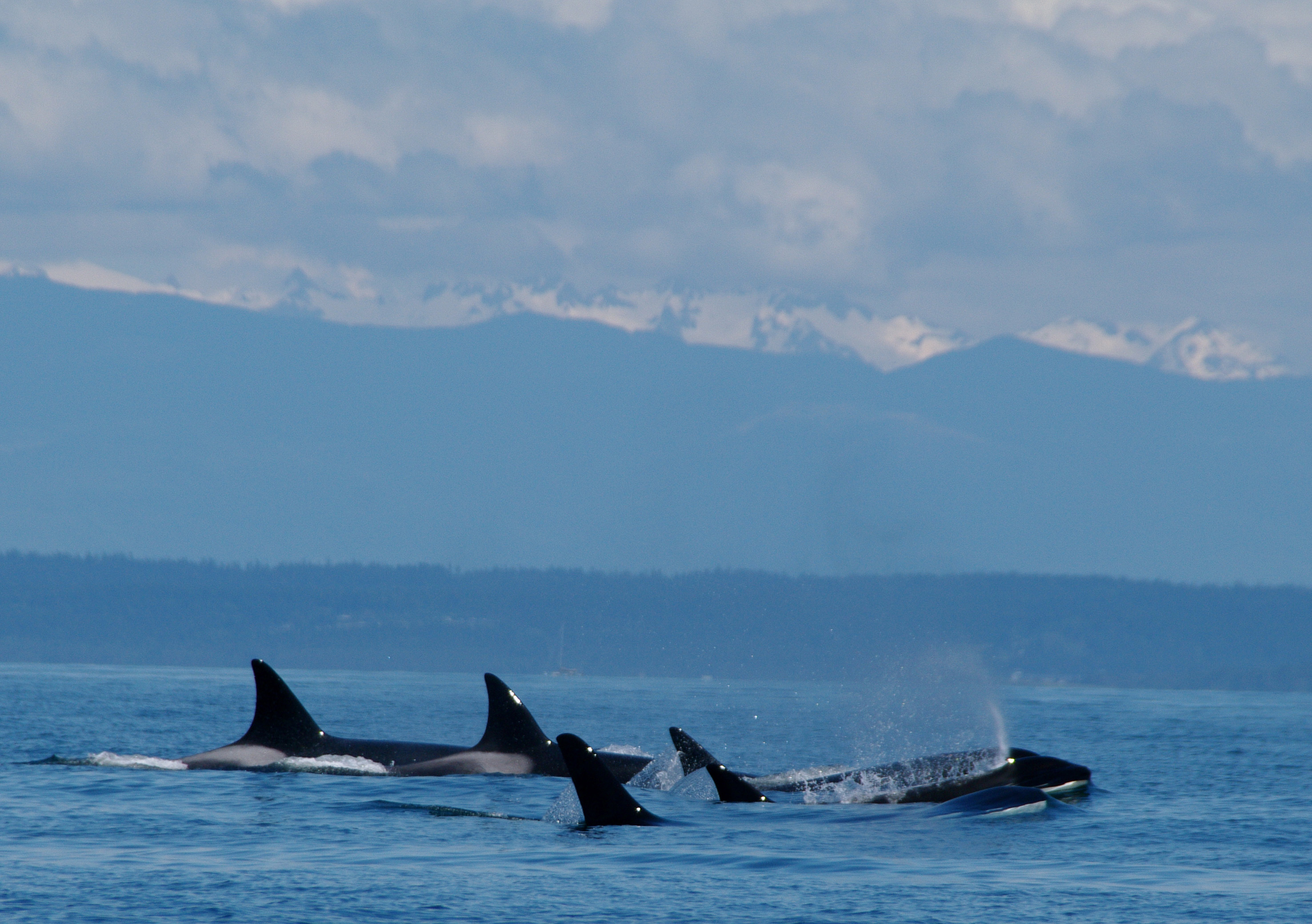We have much more to do and your continued support is needed now more than ever.
The Dangers of Dirty Coal for Wildlife in the Pacific Northwest

The National Wildlife Federation was approached by concerned members who wanted to help raise awareness for all the wildlife in the Northwest that are at risk from further coal export development and have asked us to help put Dirty Coal’s feet to the fire with the full force of our national supporters.
Right now, the coal industry has plans to export tons of dirty coal through the Pacific Northwest to foreign markets. This coal would be strip mined from the Powder River Basin in Montana and Wyoming and then transported to the Columbia River and Puget Sound. Arch Coal, Peabody Energy, and other coal industry giants aim to export 150 million tons or more of coal per year.
Coal export industry from the Powder River Basin area already contributes more than 14 percent of the total U.S. carbon pollution. Area wildlife like the Sage-Grouse and Mule Deer have already begun to experience the negative effects of dirty energy development in what is some of their most prime habitat. Sage-Grouse have especially declined in population as crucial migration corridors have been devastated by industry development.
The story is much the same for wildlife in Puget Sound. The waters of Puget Sound make up the second largest estuary system in the United States. As the mouth of more than ten thousand freshwater rivers it is one of the most diverse aquatic ecosystems. The addition of coal export terminals and increased barge traffic have strained a system already stressed from climate change. In addition, pollution from open containers of coal and the burning of coal in Asia put the entire ecosystem at risk from salmon up to orca whales.
Plans to expand the coal export industry in the area are underway, but it’s not too late to stop coal exports in its tracks. With the support of its members and concerned citizens across the country, NWF has already successfully stopped 3 out of 6 proposed coal export terminals, but we can do more with your help!
Our goal is to raise $20,000, the first $8,000 of which will be matched 1-1 by the Energy Foundation, and we need your help in bringing light to this much needed fight to protect our cherished wildlife. By spreading the word about the coal industry’s plans to develop around Puget Sound and what the ramifications would be for area wildlife we can together achieve this goal.
There is surely strength in numbers and valued support like yours helps us push back against threats to our world and wildlife and achieve great successes in keeping the wild alive for future generations to enjoy.
Any and every contribution from speaking up and spreading the word to financial backing to individual acts of stewardship can help put us one step closer to our conservation goals and could mean the difference between life and death for many endangered species.
To find out more about this unique opportunity to protect the wildlife in and around Puget Sound from the coal exports industry and to learn how your contributions will go to work, please visit our Crowdrise page.
Together NWF and its supporters have already helped stop three out of six proposed coal export terminals, but we need your help to stop dirty coal in the Pacific Northwest once and for all!





















